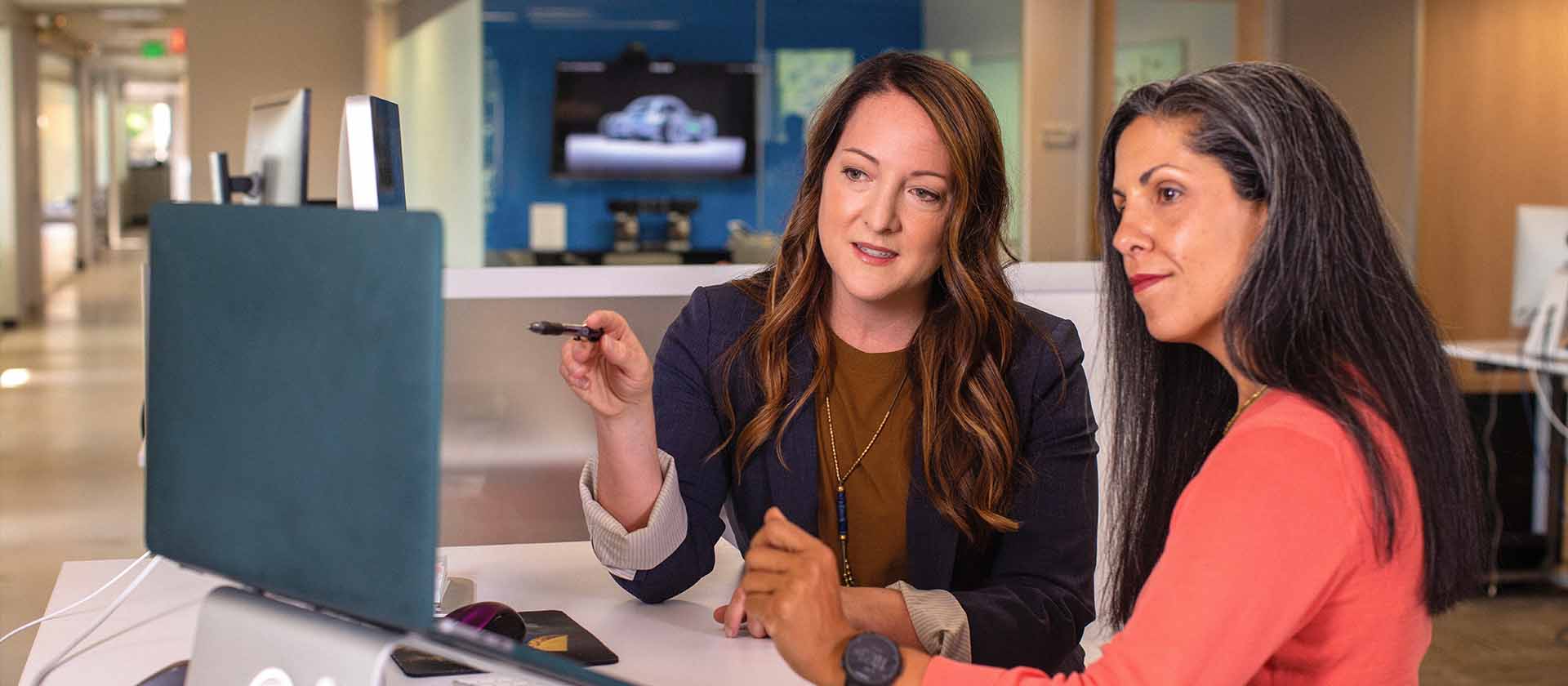“Development and humanitarian leaders want to change the world. But do they want to change themselves?”
Oxford HR Consultants Evelyne Guindon and Alanna Rondi have gained vital insights from decades working in the purpose-led sector and in the past two years, leading executive search for organizations based in Canada, the US and Kenya. They’ve gained important knowledge on effective leadership, and potential barriers and challenges faced by many. They are eager to share their insights through this thought piece and to continue the conversation with our readers.
We are living through exciting and unsettling times throughout the social and environmental impact sector. Transformation where commitments and actions lead to breaking down colonial structures and becoming anti-racist, is essential. Leaders are struggling to build strong civil society organizations and improve an aid ecosystem amidst serious challenges. To succeed they must carve a path that fosters solidarity, self-determination, and true equality and they must do so with the utmost humility and care. All while ensuring financial viability.
In addition to the need to shift the power, many in the sector cite the need to embrace the speed of change amidst a digital transformation. Resource development and fundraising skills have never been in greater demand, especially the ability to advocate for change with both the existing, traditional donors and the new funding mechanisms, and to do so with meaningful partnerships.
The challenges in today’s INGO landscape require shifts in leadership styles and approaches. To have impact, today’s leaders must inspire and influence. Like their team members, they can find comfort in bringing more of their whole selves to work, after decades leading dual and separate work and home lives. Leaders need to have a coaching mindset and a focus on the wellbeing of their teams as well as the skills to create and maintain a space for all voices to be heard and respected.
Intercultural competencies are foundational and increasingly, leaders who are unafraid to be authentic and vulnerable are sought. Attributes such as flexibility, being comfortable with ambiguity and having the courage to lead oneself and one’s team through uncertainty are essential. The ability to articulate a vision to a wide audience and help manage through the changes is as important as it is continuous in this sector. A strategic mindset must accompany all the above. Board engagement and the ability to share knowledge, guide the process of learning, unlearning and re-learning that may challenge established structures and ways working are also critical skills for today’s for-purpose sector leaders. Building trusting relationships that lead to strong governance remains the foundation of thriving civil society everywhere.
We have also seen how embracing feminist leadership principles and leading from a place of listening, understanding, respect and humility is changing how organizations work in partnership and build culture. The willingness to challenge oneself, a deep awareness of power dynamics and a commitment to collaboration are exciting new skills and attributes to add to the mix of what it takes to lead effectively today and into the future. We look forward to listening and learning more about leadership from the outstanding leaders and future leaders we have the good fortune to meet every day. Thanks for sharing your wisdom with us along the way!





